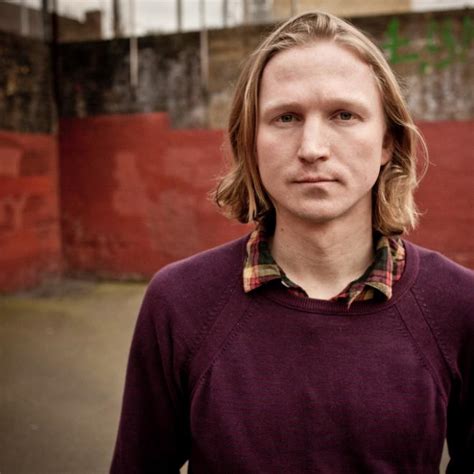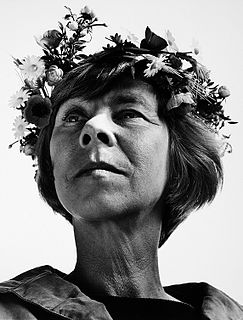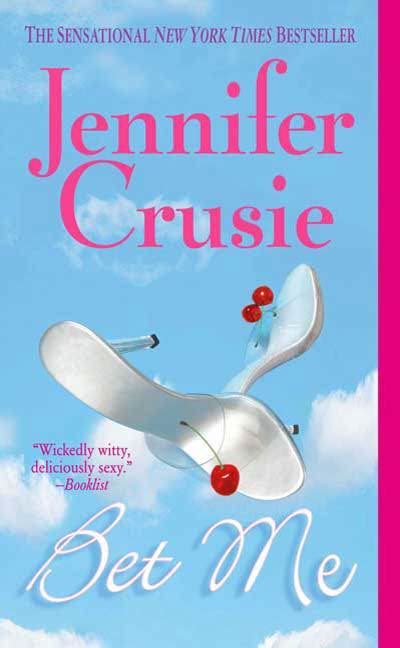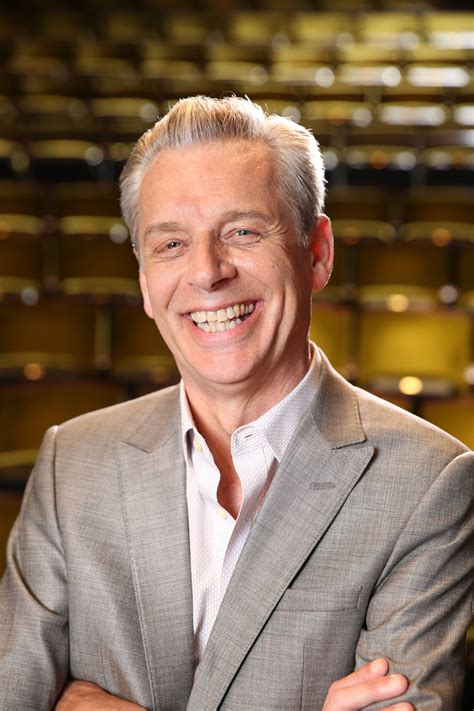A Quote by Paulo Coelho
In adolescence she thought it was too early to choose, now in youth she was convinced it was too late to change.
Related Quotes
Besides, Rose Bradwardine, beautiful and amiable as we have described her, had not precisely the sort of beauty or merit which captivates a romantic imagination in early youth. She was too frank, too confiding, too kind; amiable qualities, undoubtedly, but destructive of the marvellous, with which a youth of imagination delights to dress the empress of his affections.
There must be another life, she thought, sinking back into her chair, exasperated. Not in dreams; but here and now, in this room, with living people. She felt as if she were standing on the edge of a precipice with her hair blown back; she was about to grasp something that just evaded her. There must be another life, here and now, she repeated. This is too short, too broken. We know nothing, even about ourselves.
The tent in which she first met him had smelled of blood, of the death she did not understand, and still she had thought of it all as a game. She had promised him the world. His flesh in the flesh of his enemies. And much too late had she realized what he had sown in her. Love. Worst of all poisons.
Unlike me, Renee was not shy; she was a real people-pleaser. She worried way too much what people thought of her, wore her heart on her sleeve, expected too much from people, and got hurt too easily. She kept other people's secrets like a champ, but told her own too fast. She expected the world not to cheat her and was always surprised when it did.
The doctor's wife wasn't a bad woman. She was sufficiently convinced of her own importance to believe that God actually did watch everything she did and listen to everything she said, and she was too taken up with rooting out the pride she was prone to feeling in her own holiness to notice any other failings she might have had. She was a do-gooder, which means that all the ill she did, she did without realizing it.
The next thing Jordana says makes me realize that it's too late to save her. "I've noticed that when you light a match, the flame is the same shape as a falling tear." She's been sensitized, turned gooey in the middle. I saw it happening and I didn't do anything to stop it. From now on, she'll be writing diaries and sometimes including little poems and she'll buy gifts for her favourite teachers and she'll admire the scenery and she'll watch the news and she'll buy soup for homeless people and she'll never burn my leg hair again.
I thought that if the right time gets missed, if one has refused or been refused something for too long, it's too late, even if it is finally tackled with energy and received with joy. Or is there no such thing as "too late"? Is there only "late," and is "late" always better than "never"? I don't know.
We live, understandably enough, with the sense of urgency; our clock, like Baudelaire's, has had the hands removed and bears the legend, "It is later than you think." But with us it is always a little too late for mind, yet never too late for honest stupidity; always a little too late for understanding, never too late for righteous, bewildered wrath; always too late for thought, never too late for naïve moralizing. We seem to like to condemn our finest but not our worst qualities by pitting them against the exigency of time.
Mahlia... understood Doctor Mahfouz and his blind rush into the village. He wasn't trying to change them. He wasn't trying to save anyone. He was just trying to not be part of the sickness. Mahlia had thought he was stupid for walking straight into death, but now, as she lay against the pillar, she saw it differently. She thought she'd been surviving. She thought that she'd been fighting for herself. But all she'd done was create more killing, and in the end it had all led to this moment, where they bargained with a demon ... not for their lives, but for their souls
Bet you ten bucks we make it." What are the odds? she thought, and realized with sudden, blinding clarity that she wouldn't take the other side of that bet, that only a loser would bet against them. This is really it, she thought, amazed. This is really forever. I believe in this. "Min?" he said, and she kissed him, putting all her heart into it. "No bet," she said against his mouth. "Your odds are too good." "Our odds are too good
Of all human activities, writing is the one for which it is easiest to find excuses not to begin – the desk’s too big, the desk’s too small, there’s too much noise, there’s too much quiet, it’s too hot, too cold, too early, too late. I had learned over the years to ignore them all, and simply to start.






































